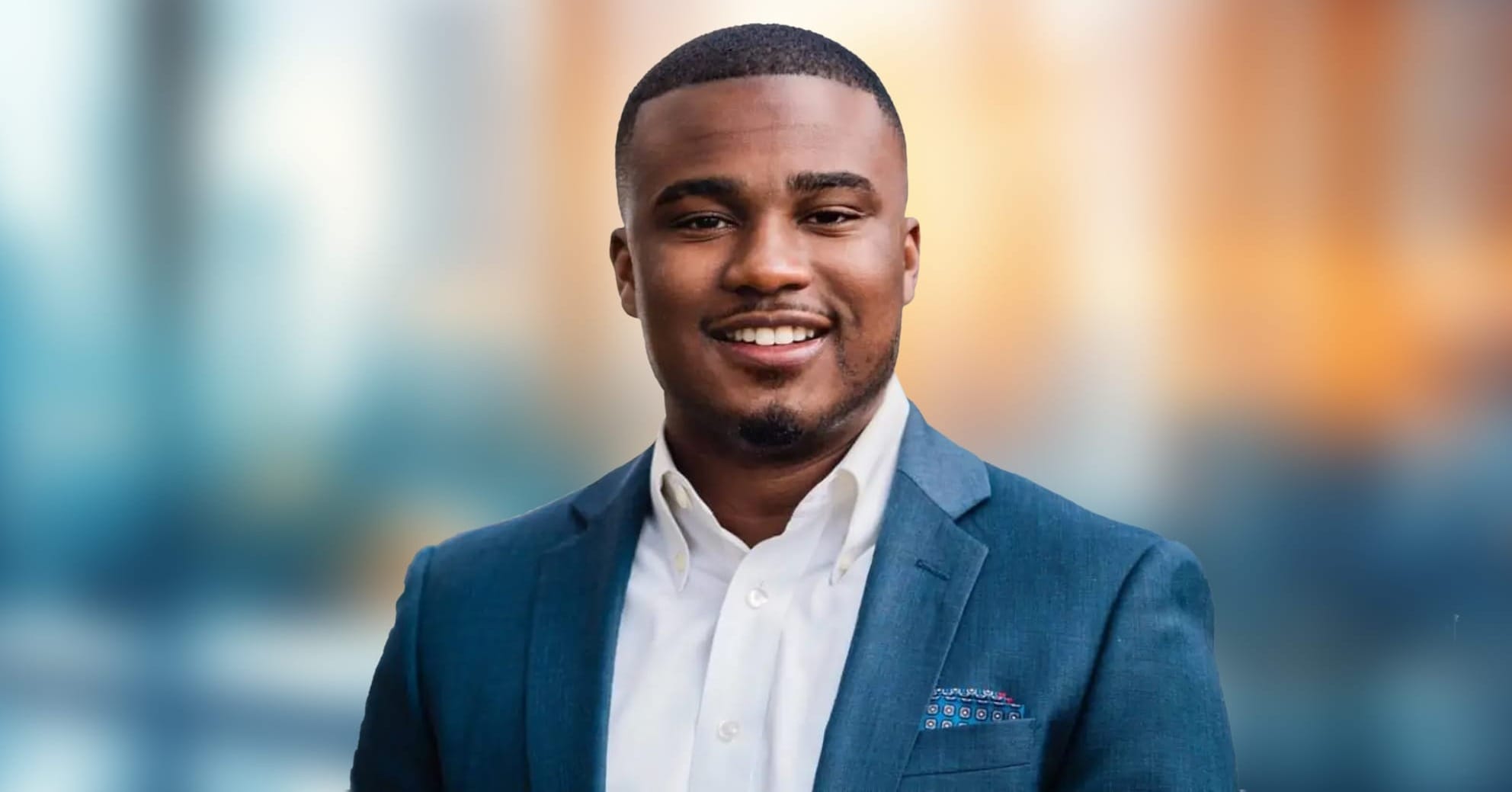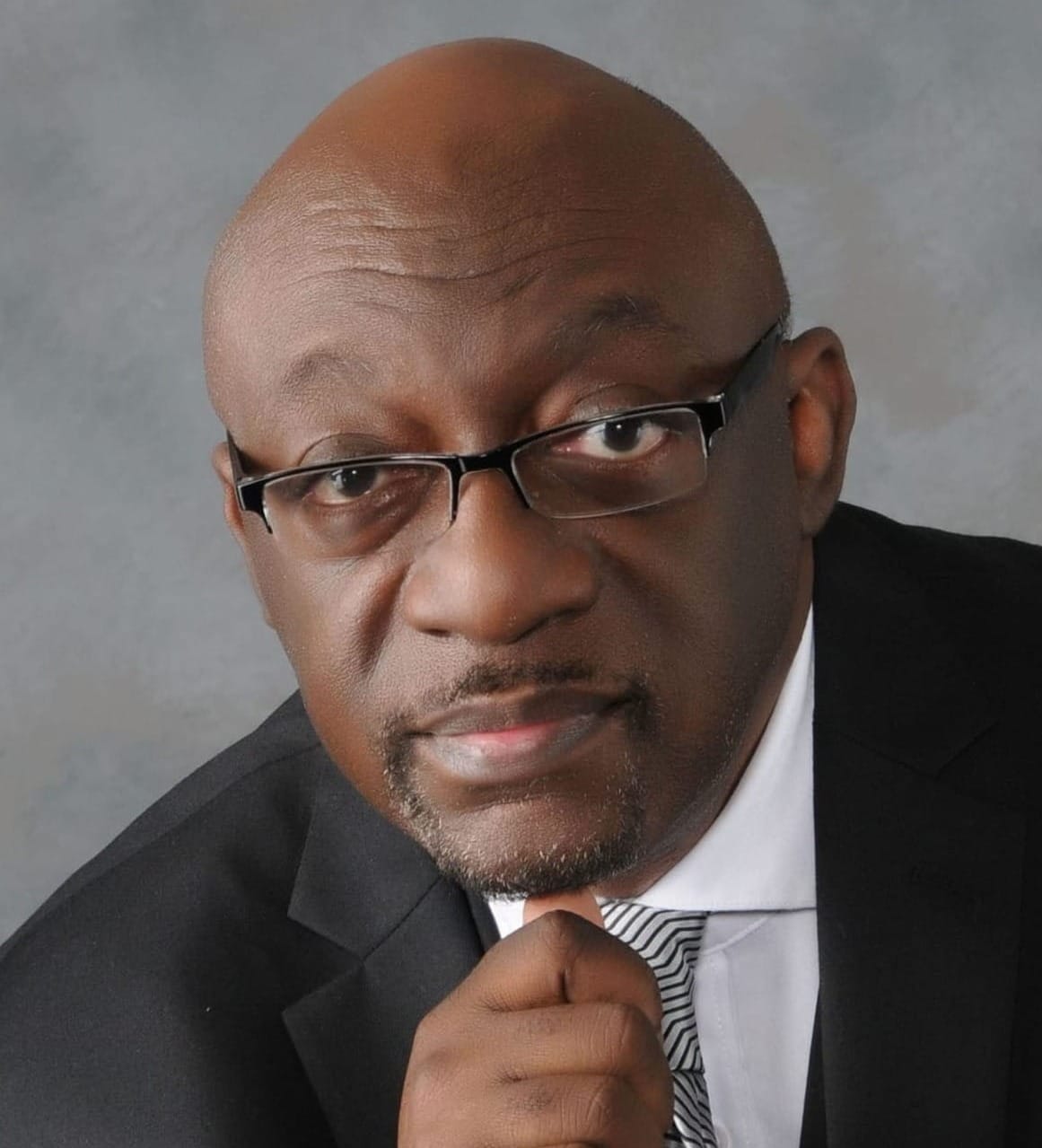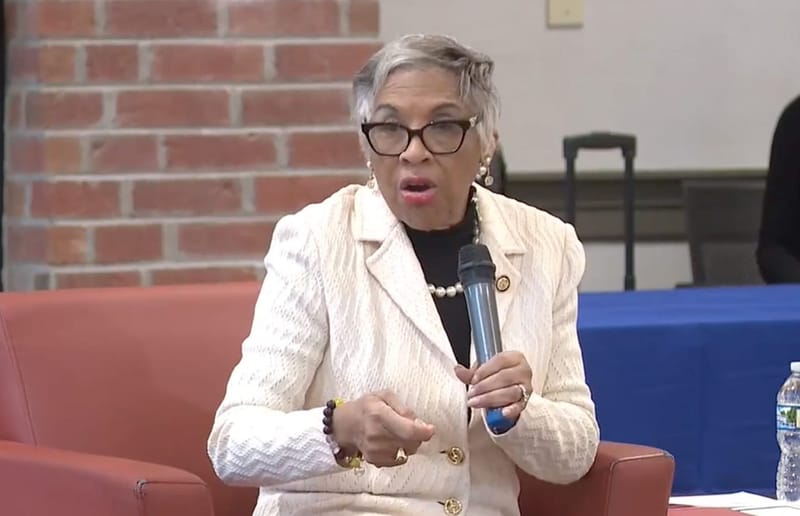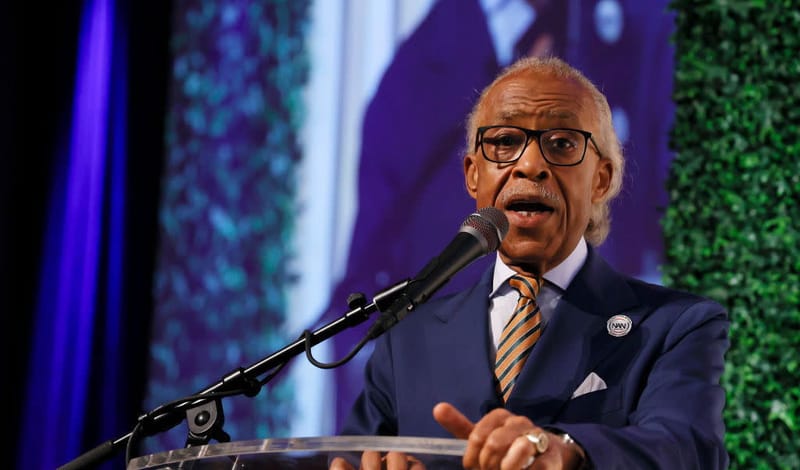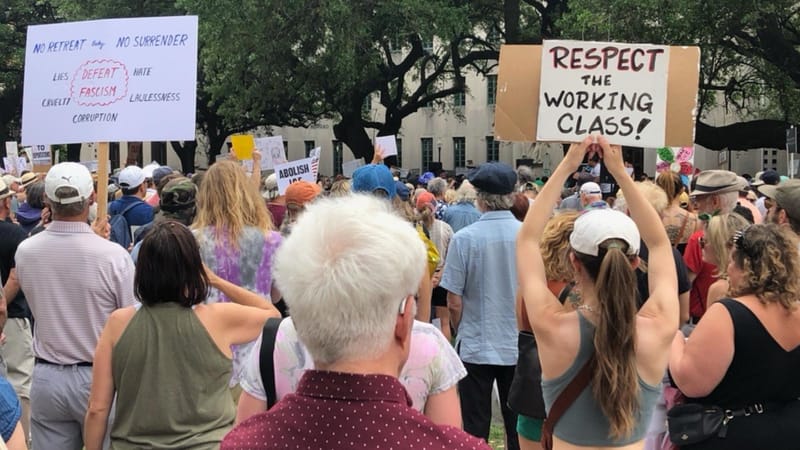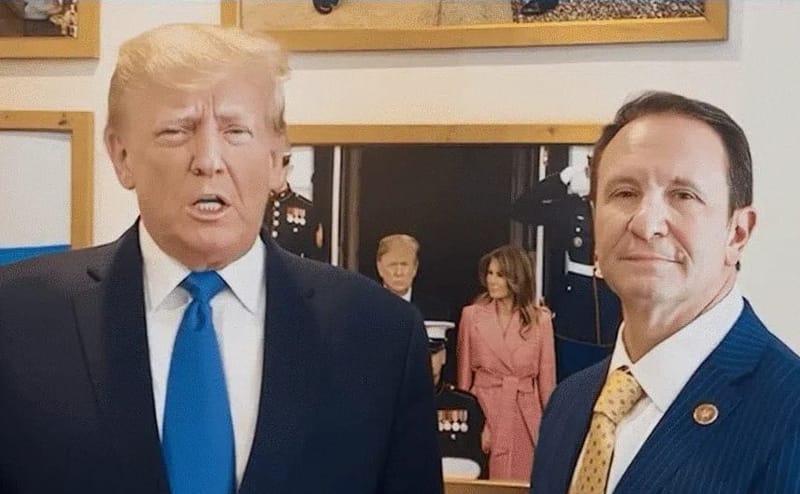Louisiana’s Free Speech Debate: PSC Vice Chairman Faces Leadership Vote After Criticizing Gov. Landry’s Support for Controversial Appointment
Robert F. Kennedy Jr.'s controversial stance on public health raises concerns about his ability to lead, with Gov. Landry’s endorsement sparking further debate over Louisiana’s healthcare inequalities.
BATON ROUGE — Louisiana’s commitment to free speech is under intense scrutiny as Public Service Commission (PSC) Vice Chairman Davante Lewis faces a potential vote to remove him from his leadership role after publicly criticizing Gov. Jeff Landry’s endorsement of Robert F. Kennedy Jr. for the U.S. Health and Human Services Secretary. The controversy highlights deeper political accountability and free speech in Louisiana politics.
The dispute began when Landry praised Kennedy’s appointment, calling it a “major upgrade.” In response, Lewis reposted Landry’s tweet, condemning the governor’s support of Kennedy, who has been widely criticized for his anti-vaccine stance and healthcare policies. In his repost, Lewis made the following remark: “This tweet shows that conservatism right now is only about cruelty and chaos. They will find a way to be cruel to someone just because they can... What a completely asshole you are @LAGovJeffLandry,” Lewis posted on X (formerly known as Twitter).
Francis, a Republican, immediately condemned the remark, stating, "What did he accomplish by doing that? I have sworn to uphold the constitution. I'm here to serve everyone. This was an embarrassment to me." Francis went on to emphasize that he would have never made a similar critical remark about Democratic Gov. John Bel Edwards, Landry’s predecessor.
However, the situation raises important questions about political speech and accountability. Lewis’ comments were not just about personal insults; they were a critique of Landry’s endorsement of policies and figures that Lewis believes contribute to dangerous and divisive political climates. Lewis stressed that Kennedy’s controversial views, particularly on public health, were harmful to vulnerable communities and undermined efforts for equitable healthcare.
“I wasn’t just attacking a person,” Lewis said in a statement. “I was standing up against a movement that prioritizes cruelty over compassion, and policies that harm the very people we’re supposed to serve. I’m proud of my role in defending healthcare rights for all Louisianians.”
Kennedy’s appointment, particularly in the context of his history of spreading vaccine misinformation and opposing policies for universal healthcare, remains a contentious issue. His past statements and positions have created widespread concern about his ability to adequately serve in a health leadership role. Many public health experts view his endorsement by Gov. Landry as further complicating efforts to address the state’s healthcare inequalities.
The PSC vote on Lewis’ leadership will set a significant precedent. If he is removed for speaking out on matters of public concern, it will be seen as an effort to silence voices critical of harmful political endorsements. Lewis, in his role, argues that true political accountability demands the freedom to speak out against decisions that impact public welfare.
As Louisiana grapples with rising utility costs, healthcare disparities, and a broader political climate marked by division, free speech in government leadership positions is more important than ever. Whether Lewis remains in his position will determine how the state handles public criticism and whether leaders can freely challenge harmful policies without facing retaliation.
The upcoming vote will ultimately test Louisiana's commitment to free speech, political accountability, and ensuring that Louisianians’ healthcare rights are never compromised by political gain.


